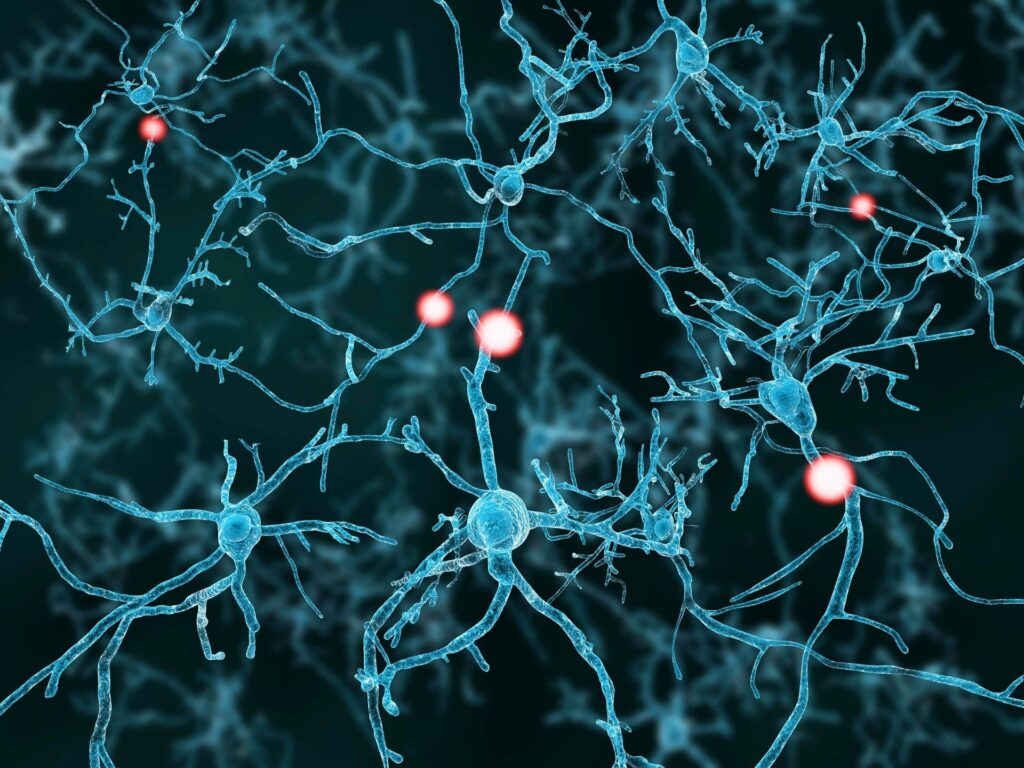Cognitive Psychology
Biking Can Boost Cognitive Function in Older Adults
For better or worse, pedaling around on a two-wheeled vehicle seems to effect people’s cognition, as I’ve written about before. Being bicyclists apparently makes people better drivers but also gives them a little paranoia, at least temporarily. Here’s another change you can chalk up in the “for better” column, though: improved cognitive function later in…
Read MoreDo Children Beat Adults at the Game of Concentration?
If there’s a game that’s equally challenging for players of all ages, it would be Concentration. In case you’re not familiar, the game goes like this: lay all the cards in a deck face-down in a grid. Every turn, you get to flip over two cards. If they’re matching cards of the same color (e.g.,…
Read MoreSubtle Linguistic Cues Can Discourage Young Girls From an Interest in Science
The language we use to talk about gender makes a difference. Last year, for example, I wrote about a study showing that previously being exposed to gender-neutral language affects how likely people are to assume that a “specialist” is male. But a new study suggests that even seemingly innocuous language that doesn’t directly reference gender…
Read MoreTalking About Their Future Selves Improves Preschoolers’ Cognitive Skills
Conversations with adults are a key way that children build cognitive skills. And if you’re looking for something to talk about with the young children in your life, new research suggests a topic of conversation that seems to be especially helpful in developing cognitive skills: the future. In a recently published study, researchers from Harvard…
Read MoreDoes Listening to Music Help With Cognitive Tasks? It Depends
If you’re like me, music is an indispensable part of your work routine. Then again, maybe you’re like some other people I know who need absolute silence in order to concentrate. It’s easy to see arguments both for and against listening to music while doing cognitive tasks. On one hand, some background music can stave…
Read MoreAre People Born With a Left-to-Right Number Line?
If I ask you where you’d put the number 4 in relation to the number 12, chances are you’d put 4 to the left and 12 to the right. Most adults have some form of a mental number line that starts with smaller numbers on the left and progresses to bigger numbers on the right.…
Read MoreCan You Measure Creativity Using Word Association?
One of the biggest obstacles to understanding creativity is figuring out how to define creativity in the first place. If I point to a random person on the street, is there a test that will tell me how creative that person is? Psychologists have proposed different ways of measuring creativity, for example by asking people…
Read MoreWhen Something Bad Happens, Tell a Joke?
If you use humor as a coping mechanism, you aren’t alone. And even if you are alone, you probably think it’s funny. A new study from researchers in Poland highlights humor’s power to help people shrug off stressful and unpleasant events. In the study, researchers asked 54 participants with remitted depression to view images that…
Read MoreSocial Media Use Today Could Mean Memory Slips Tomorrow
Go on a Facebook binge, and the consequence might be … I’m sorry, where was I? A new study by researchers at the University of Michigan implicates social media usage in higher rates of everyday memory failures such as forgetting whether you’ve already done something, or what it is you were going to do for…
Read MoreWriting Part of Your Life Story Can Boost Self-Esteem
How we make sense of events that have happened to us affects how we see our place in the world around us. As I wrote about last year, for example, studies suggest that how people frame their life stories seems to be a key component of identity. Our life stories aren’t static, though. We’re constantly…
Read More









